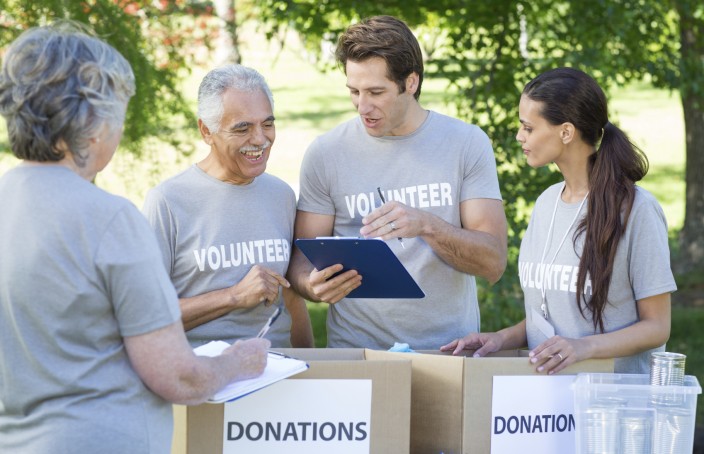The phrase “diabetes awareness” often crops up when we hear stories of diabetes being poorly represented or understood, and we regularly cite the need for awareness to be increased.
Last month, fitness company Crossfit tweeted an ironic slogan for Coca-Cola – “open diabetes”. Three weeks later, an Irish cinema apologised to a nine-year-old boy with type 1 after they prevented him from bringing in his own water to a film screening.
These unfortunate situations arise due to a lack of diabetes awareness, and unless businesses and individuals are highlighted for their errors, more and more frustrating myths about diabetes will continue to be perpetuated.
But what can we actually do to raise awareness? Here are seven great ways to contribute.
1. Sign petitions for a good cause
Keep an eye out for petitions encouraging government changes that would benefit people with diabetes. When these gain momentum, they make news, and in turn boost awareness.
Most recently, a petition has called for the symptoms of type 1 diabetes to be added to the NHS’ “Red Book” to highlight the dangers of undiagnosed type 1. In 2014, the JDRF launched the #CountMeIn petition to increase government funding for type 1 research, which was achieved.
2. Help support children at school
Diabetic children face more challenges than most kids, and one effort made to assist them is The InDependent Diabetes Trust’s (IDDT) Parents Passport for Schools.
The IDDT School Passport helps teachers who aren’t specifically trained to deal with diabetes understand the needs of diabetic children. It gives teachers all the facts they need to help children with type 1 diabetes, including information on meal times, insulin delivery, and hypo warning signs.
3. Hypo awareness
Hypos are scary. Not just for the person having one, but for helpless onlookers unable to identify the symptoms or treat it properly. Too often, it’s simply mistaken for drunkenness.
Diabetes.co.uk addressed this with the Hypo Awareness Program, a free, first of its kind education program in which 75 per cent of users have reported improved understanding of hypo awareness. The symptoms of a hypo can be vast, and they are important to know, especially if you have a family member, friend or loved one with diabetes.
4. Join social media campaigns
During certain times of the year, such as Diabetes Week and World Diabetes Day, a number of social media campaigns launch annually to highlight diabetes awareness.
Last year, the #BlueStreakChallenge and #FreeDiabetes movements gained worldwide popularity, while the #BloodSugarSelfie campaign, launched by DCUK, broke the record for the amount of selfies (517) sent over a 24-hour period.
While the campaigns highlighted and promoted different aspects of diabetes, the universal aim was the same: to increase general knowledge of diabetes.
5. Sing a song
This requires a bit more effort, but viral music videos have seen diabetes receive a lot of mainstream attention. This was particularly the case for four girls from Tucson who were “All About That Cure”, and former star of US reality show Teen Mom Mackenzie McKee.
While their respectively efforts varied in quality, both videos stressed points about diabetes that will have likely reached an audience not generally well-versed on the condition.
6. Participate in local charity events
Be it a sponsored walk, bike ride or far more terrifying event such as skydiving, keep an eye out for fundraising charity events near you.
More donation means more funding, and more funding means new and better treatments for diabetes. Raising funds and drumming up publicity is essential – events tend to get attention in newspaper if they’re successful enough – so do everything you can.
Diabetes funding is essential for progress to be made in developing treatment targets, and even regional events are likely to appear in news publications if the numbers are big enough.
7. Follow the news
Perhaps most importantly of all: keep up to date! Even talking about diabetes keeps healthcare administrators and politicians focused on delivering the appropriate care and treatment to patients.
Stay aware of the latest news, studies and stories regarding diabetes, and make sure yours is an informed voice in the debate about diabetes.
What have you done recently to raise awareness for diabetes? Let us know in the comments section below.




